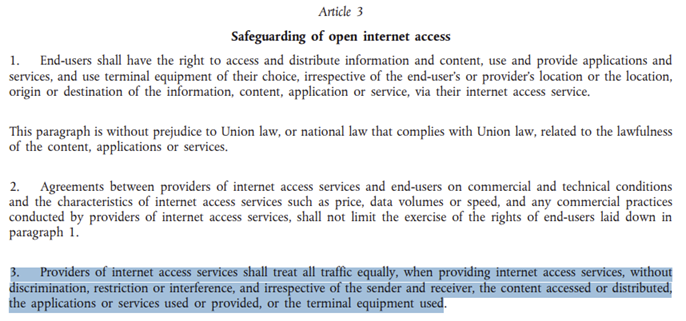 With momentum building in favor of pirate site blocking measures elsewhere in Europe, Austrian ISPs took their opposition all the way to the country’s Supreme Court.
With momentum building in favor of pirate site blocking measures elsewhere in Europe, Austrian ISPs took their opposition all the way to the country’s Supreme Court.
Despite concerns over the implications for net neutrality, rightsholders’ interests prevailed. Like many of their foreign counterparts, Austrian ISPs soon found themselves compelled by court order to block torrent and streaming sites, those offering unlicensed musical works, plus scientific article and textbook repositories.
Domain/DNS Blocking Received Surprise ‘Upgrade’
For years Austrian ISPs had deployed DNS blocking in response to court orders but in the summer of 2022, everything changed. New pirate site blocking orders not only contained domain names to be blocked, but also a list of IP addresses.
When the ISPs discovered that the IP addresses belonged to Cloudflare, arms were thrown up in despair. With no opportunity to contest the court-ordered blockades, ISPs had no other choice than to block the IP addresses, rendering countless innocent sites using Cloudflare inaccessible.
While this disruption was controversial and avoidable, the long term effect should be more positive.
IP Address Blocking Violated Net Neutrality
In a series of reports published this week, local telecoms regulator Telekom Control Commission (TKK) states that the IP address blocks implemented last August amounted to net neutrality violations under EU law.
“In a decision dated August 7, 2023, the Telekom Control Commission decided on the admissibility of blocking networks by [various local ISPs] based on a warning from the rights holder SATEL Film GmbH in accordance with Section 81 (1a) UrhG,” one of the reports begins.
“The provider mentioned had set up DNS access blocks on the one hand and an IP access block on the other in its network at the end of August 2022. With regard to the DNS access blocks, no current violation of Art 3 Para 3 VO (EU) 2015/2120 was found and the procedure was discontinued in this respect.
“With regard to the blocking of access to the IP address 190.115.18.20, the Telekom Control Commission found a violation of Article 3 Paragraph 3 of Regulation (EU) 2015/2120, because the IP access block poses the risk of ‘overblocking’ any website content.”

In a follow-up announcement, TKK said that, since DNS-based blocking is generally sufficient to protect rightsholders, that will be the only method available to them moving forward.
Protecting Net Neutrality
After declaring IP address-based blocking prohibited in Austria, TKK explained its reasoning to a background of net neutrality and freedom of expression on the Internet.
“Since countless websites can be accessed from a single IP address, the risk of blocking websites or Internet services of uninvolved third parties is particularly high in the event of a block,” a TKK spokesman said.
“In Austria, network blocks have so far mainly been implemented with so-called ‘DNS blocks’. With this type of block, only individual domains are blocked and blocking notices are displayed instead. It is important that this practice is maintained in order to maintain the legally required proportionality in the future.”
TKK’s commitment to transparency includes publishing all blocking decisions and the domains they affect.






